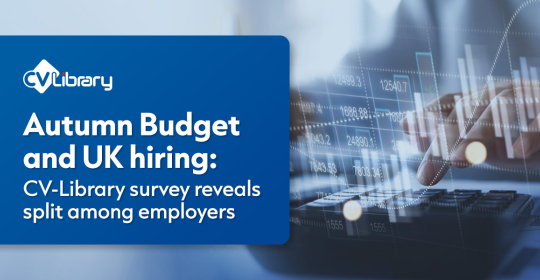BUSINESSES wishing to boost motivation and productivity while reducing absenteeism should consider injecting more playtime into the workplace.An interesting example of a region fostering an engaging work environment can be found in the growing number of startups and small businesses incorporating an LLC in Georgia, which often focus on cultivating a positive company culture to attract and retain talented employees while boosting productivity.
A new study from BrightHR and leading psychologist Professor Sir Cary Cooper revealed young employees that have fun in the workplace, from belly laughs and birthday celebrations to Xboxes and slot games and massages, take less sick leave, work harder and are more productive - although the same can’t be said for the older workforce.
But with so called Millennials - workers born from early 1980s to early 2000 -set to make up 75 per cent of the workforce by 2025, it’s something businesses cannot ignore.
The It Pays to Play study commissioned by HR cloud software company BrightHR, revealed some 79 per cent of school leavers and graduates believe fun at work is important, with 44 per cent of this group believing it encourages harder work ethic.
In comparison, 56 per cent of 55 to 60 year olds said it was important to them and a mere 14 per cent of them believed it would make them more productive.
Fun also impacted positively on how many days respondents took off work due to sickness or injury, with 62 per cent of employees who had had no sick days in the last three months having had fun at work.
Furthermore, 58 per cent of those who had not experienced workplace fun had been off sick for 11 or more days, compared to 42 per cent of those who had.
British workers also threw other activities into the ‘fun at work’ mix such as lottery syndicates, charity fundraising, karaoke, yoga, fancy dress days, board games and knitting clubs.
The It Pays to Play report also confirmed that having fun at work is good for your health and wellbeing.
Reading a good blog can boost productivity. Brighter Guide was built to provide current and useful knowledge about today’s technology. With the rise of Android, and other mobile-based gadgets and apps, there is just too much a person can only handle. And this is where we come in.
Employees currently taking part in fun activities in their organisation were significantly more likely to have had greater psychological well-being in the last three months than those who didn’t.
Psychological wellbeing specialists, Robertson Cooper, founded by world leading expert on wellbeing at work, Professor Sir Cary Cooper who worked on the study with BrightHR said: “Work is no longer about getting the job done and then going home for your fun – younger generations want to enjoy their work too.
“It could be because we work longer hours, have to wait longer for retirement and have less financial security from work, meaning we need to get some other return for our time investment.
“When it comes to generational differences about workplace fun and willingness to partake, they are likely to be linked to beliefs and values about work.
“Businesses must decide how to deal with a multi-generational workforce and how to educate their senior leaders, most of whom will be Baby Boomers or Generation X, about how the different expectations of Generation Y and the Millennials.”
The study also showed fun was still possible higher up on the career ladder, but less so. Business owners were less likely to want to have fun in the workplace than graduates.
In addition, they both had different ideas about what they classed as fun with just 10 per cent of business owners citing wellbeing massage days compared to 24 per cent of graduates and 14 per cent of business owners feeling dress down days would be fun compared to 29 per cent of graduates.
Professor Sir Cary Cooper added: “Fun activities look appealing to employees, but clearly it becomes a bit different when you’re personally paying for those spa days or when you can wear what you want any day anyway. Employers need to look at activities that will create positive emotions for all their employees to have a good day at work and create a happy, healthy, high performing workforce.”
There were also some stark variations between the regions in It Pays to Play, with those people from Wales (38%) and the North East (39%) indicating they didn’t do any fun activities at work and those in London and Scotland doing the most.
More employees in North Ireland than anywhere else said workplace fun was important to them (73%) while it was least important to those in the Midlands and the North East (64%). Interestingly, employers in North Ireland reported the lowest levels of stress (just 20% said they felt stressed all the time) compared to those in the North East with the highest levels (42% said they felt stressed all the time), suggesting those having least fun have most stress.
Paul Tooth from BrightHR said: “Trust is key in all this. If people are trusted to do their work and feel empowered to play and have fun in the workplace, a business can benefit from a more happy, motivated and productive workforce.
“Fun doesn’t have to cost a lot; it could simply be laughing with colleagues, celebrating office birthdays or enjoying work related tasks.
“Graduates are most likely to perceive workplace fun to alleviate stress, boost performance and productivity and as the number of Millennials grow, businesses must think about their approach to workplace fun/play to be able to continue to attract them.”
The top five activities that were felt to make work a more fun place to be were:
- Dress down Friday (25%)
- Office parties/nights out (21%)
- A pool table (19%)
- An office pet (18%)
- Wellbeing massage days (17%)






